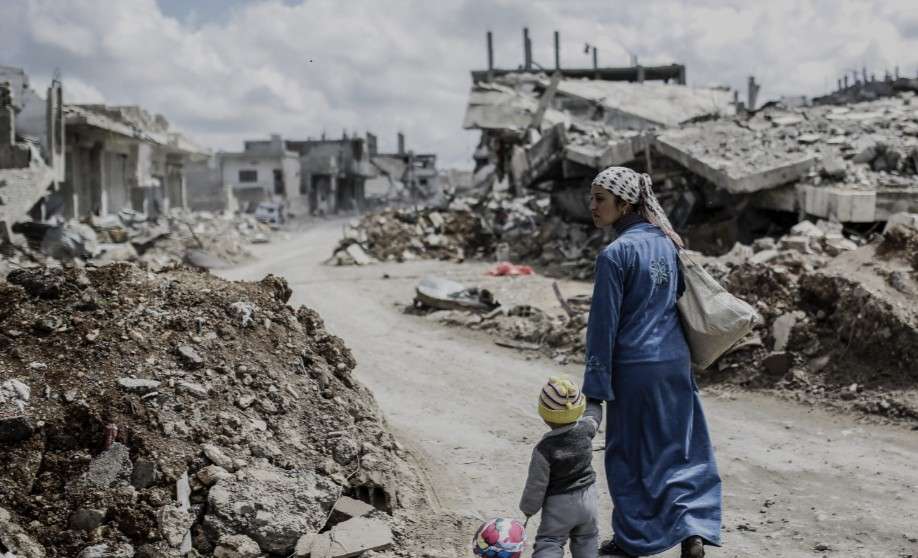UN envoy warns of fragile situation in Syria

UN Special Envoy for Syria, Geir Pedersen, told the Security Council on August 21st that the situation in Syria is extremely fragile despite a reduction in fighting in the southern Sweida governorate, as reported by Asharq Al-Awsat.
Pedersen urged for respect for Syria’s sovereignty, citing continued Israeli ground operations in the southwest as “unacceptable” and calling for compliance to the 1974 Disengagement of Forces Agreement.
Pedersen said Israeli airstrikes have decreased since the latest ceasefire, while the July 19th truce in Sweida has so far prevented a return to full-scale conflict, despite ongoing tensions. The ceasefire followed heavy clashes in July between Druze fighters and Bedouin tribes that left hundreds dead.
The envoy also welcomed the formation of a trilateral working group involving the United States, Jordan, and the Syrian authorities to reinforce the ceasefire, and pointed to an upcoming ministerial-level meeting between Syria and Israel in Paris as evidence of “clear scope to address the issues diplomatically.”
Representatives from the three nations met on August 12th to discuss ways to support stability and security in Syria’s new government.
In a statement, Syria said the foreign ministers’ meeting endorsed Damascus’s efforts to restore essential services, ensure accountability for violations, and create conditions for displaced people to return home.
Marking the anniversary of the Ghouta chemical weapons attack of 2013, Pedersen urged the Security Council to redouble efforts toward accountability and the protection of civilians. He also noted the publication of a decree establishing a framework for indirect elections for Syria’s interim People’s Assembly, but said success required transparency, inclusiveness, and equal participation of women.
Emergency Relief Coordinator Tom Fletcher also briefed the council, warning that 16 million Syrians now require humanitarian assistance, while more than 185,000 people have been displaced across Sweida, Daraa, Rural Damascus, and elsewhere.
“The overall situation is dire,” Fletcher said. “In some areas, those arriving now outnumber the existing population. Services are overwhelmed.”
These warnings echo earlier appeals for humanitarian assistance. On March 22nd 2024, the UN appealed for more than $4 billion to support 10.8 million Syrians in need, warning of catastrophic consequences if sufficient funding is not attained, including mass migration and loss of access to education as well as maternal healthcare—underscoring that Syria’s humanitarian needs have remained urgent for an extensive period.
Asharq Al-Awsat, Maghrebi.org
Want to chase the pulse of North Africa?
Subscribe to receive our FREE weekly PDF magazine













